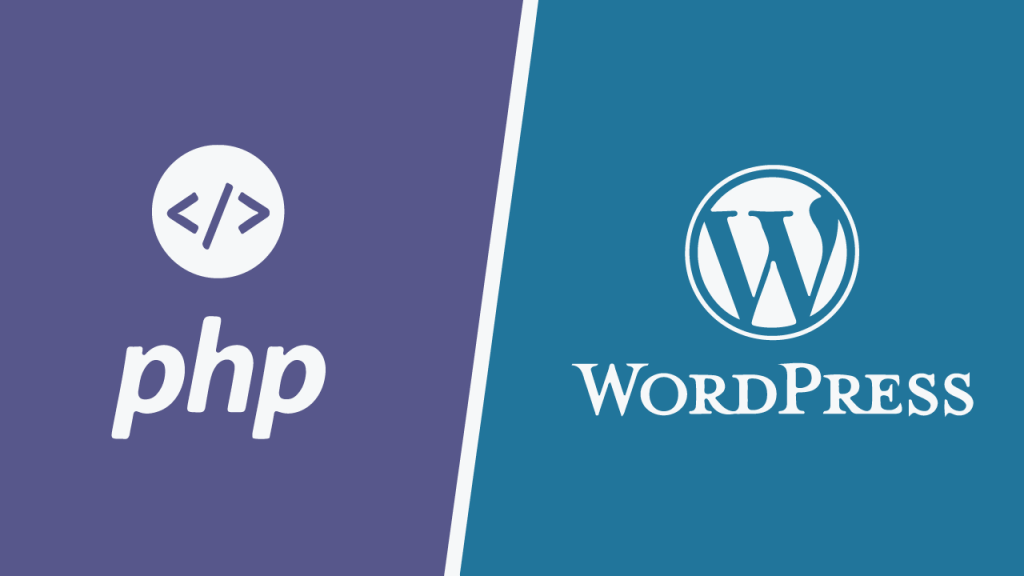In the world of web development, WordPress and PHP remain popular tools, each serving millions of websites worldwide. Whether you're a business owner, a freelance developer, or a budding blogger, understanding when and why to use WordPress and PHP can significantly impact the success of your online presence. This post explores who should use WordPress and PHP, the benefits of these technologies, and when they might be the right choice for you.
Why WordPress and PHP?
Before diving into who should use these tools, it’s essential to understand what they are and why they’ve become so popular.
- WordPress is an open-source content management system (CMS) that powers over 40% of websites globally. It's known for being user-friendly, highly customizable, and suitable for a wide range of sites, from simple blogs to complex e-commerce platforms.
- PHP is the server-side programming language on which WordPress is built. PHP is widely adopted because of its compatibility with various content management systems, ease of use, and flexibility.
- Bloggers and Content Creators
Key Benefits:
- User-friendly editor that doesn’t require technical knowledge
- Customizable themes tailored for bloggers
- Easy SEO integration to improve search engine visibility
For small to medium-sized businesses (SMBs), WordPress is ideal because it’s affordable, flexible, and can scale with business growth. Whether you’re a local café, an online retailer, or a service provider, WordPress offers an accessible solution with a range of plugins for e-commerce, bookings, customer support, and more.
Key Benefits:
- Cost-effective, with many free or low-cost plugins and themes
- Integrates with WooCommerce for easy e-commerce setup
- Easy to maintain without requiring a full-time developer
3. Freelancers and Solopreneurs
Freelancers and solopreneurs often choose WordPress to showcase portfolios, blogs, or simple landing pages that highlight their skills or services. With flexible page-building plugins like Elementor or Divi, WordPress makes it easy to build a professional-looking site without advanced technical skills.
5. E-commerce Entrepreneurs
With the WooCommerce plugin, WordPress has become a popular choice for e-commerce sites. WooCommerce allows you to sell products, manage inventory, and process payments, all within a familiar WordPress dashboard. It’s a cost-effective alternative to platforms like Shopify or BigCommerce.
Key Benefits:
- Easy integration of WooCommerce for online stores
- Flexible for both physical and digital products
- Large ecosystem of e-commerce plugins and payment gateways
While WordPress uses PHP, there are times when you might want to use PHP directly—especially if you’re building custom applications or websites with specific requirements.
1. Web Developers and Software Engineers
Developers who want more control over the functionality and performance of a website should consider learning and using PHP directly. It enables the creation of highly customized applications and unique, complex features that are sometimes challenging to achieve with pre-built platforms.
2. Developers Needing Custom Integrations
If you need to integrate with various third-party APIs (such as payment gateways, CRM systems, or social media platforms), PHP can provide a robust solution. WordPress plugins offer some integrations, but PHP can create smoother, more flexible solutions when plugins aren’t sufficient or don’t exist.
3. Large Enterprises and Complex Sites
While WordPress can handle large sites, PHP’s flexibility is invaluable for enterprises or sites requiring unique, scalable solutions. Many large enterprises use PHP to build tailored applications that go beyond the typical CMS framework, with custom dashboards, analytics, or back-end systems.
When WordPress and PHP Work Together
For many users, WordPress and PHP complement each other perfectly. WordPress offers the structure, while PHP provides customization. If you need a flexible CMS but want to go beyond what plugins offer, learning PHP will let you build custom features into your WordPress site.
Some examples where WordPress and PHP work well together include:
- Custom Themes and Plugins: You can use PHP to create custom themes and plugins, giving your WordPress site a unique look and feel.
- Integrations: PHP allows for custom API connections, letting you integrate WordPress with external platforms (e.g., CRMs, ERPs).
- Automation: PHP scripts can automate tasks within WordPress, such as data imports, backups, or user management.




0 Comments